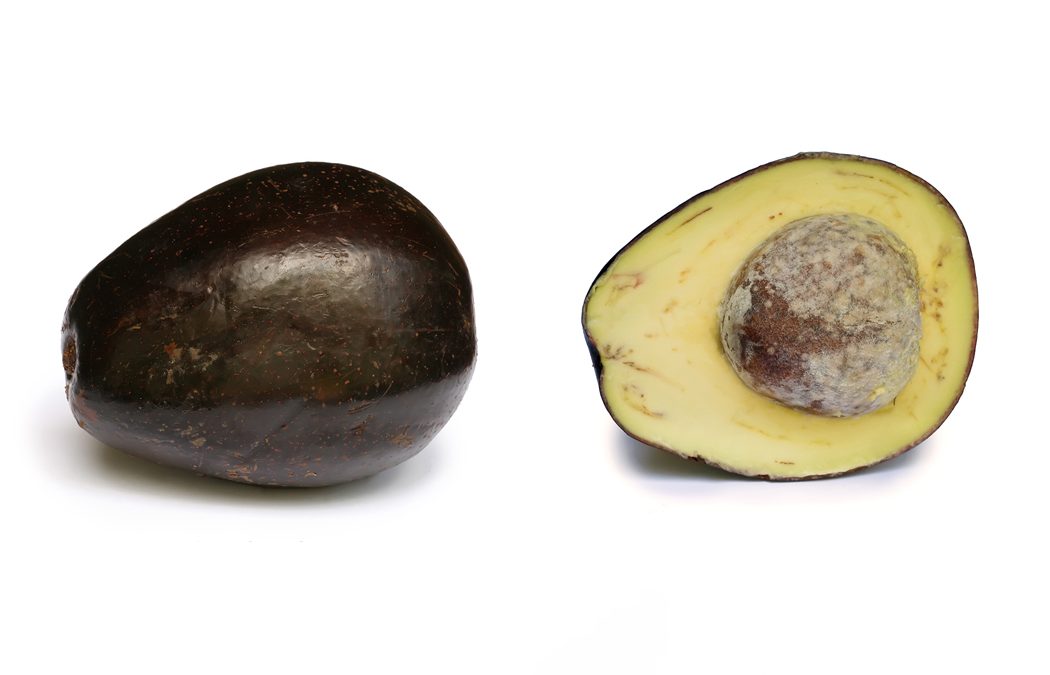Global food waste or loss amounts to one-third to one-half of all food processed. This is an appalling amount considering there are people out there without anything to eat. This waste can happen at any point in the food supply chain and differs from low-income countries to high-income countries; in low most is lost during production but in high most is wasted at the consumption stage. The UN has defined these two terms: food loss – is the decrease in quantity or quality of food; food waste – (a component of food loss) is the removal of food from the food supply chain which was once fit for human consumption but has spoiled or expired. So what can be done to eliminate such waste? Is anyone even looking at this?
There are many different approaches to this problem including campaigns from governmental and environmental groups to educate the masses about what they can do to reduce waste to feeding excess to animals to composting. There is a process that turns food waste into energy using anaerobic digestion (and a few parts sewage) producing a biogas that can be used as a fuel. Another recycling program will mechanically grind and heat the food waste collected from supermarkets then process it through enzymatic digestion to obtain a liquid that is pasteurized, homogenized, and screened. This liquid can be added to farmers’ fields as a fertilizer which is guaranteed pathogen-free and safe to use on all crops. There are a number of charities that help supermarkets and restaurants deal with their food waste by redirecting to people in need. Many countries have developed programs to battle this waste to varying degrees of success.
One of the more interesting projects dealing with food waste is being done by James Rogers and his company Apeel Sciences. Apeel Sciences was founded in 2012 with a grant from the Bill & Melinda Gates Foundation with their main focus being on the rate of which food spoils. Their mission is “We use food to preserve food. We look to nature to help the global food system — and all who depend on it — improve quality, reduce waste and ensure an abundant future for our planet.” This is a pretty noble credo to live and work by.
Apeel is fighting food waste by preventing it in the first place. Their plant-derived coatings for produce helps keep it fresh three to four times longer than produce not using this coating. This fully edible coating is a made of lipids and glycerolipids that naturally exist in the peels, seed, and pulp of fruits and vegetables. It is colourless, odourless, and has no taste. The main reasons for produce spoilage are water loss and oxidation and Rogers and his team found if they could apply a protective coat it would slow down decay. Their coating stops water from leaking out of the fruit/vegetable and protects it from any oxygen that would normally get in and start decompostion. Currently this coating is being used on avocados but can be applied to almost any fruit and some vegetables.
Produce that travels hundreds of kilometers to make it to the market often spoil before they even make it. Producers sometimes will coat the produce in wax to help slow that down, pick them before they are even ripe and often are sent in refrigerated trucks. All of these things add up to more energy used and money that is spent. Apeel’s product slows down the rate of decay, hence costing less and supplying a more natural way to preserve produce. Although this produce is only available in the US at this time, they have applied to bring it into Canada.
The take-away from all this is that we as a species need to do more to waste less. (I kind of like that as an environmental tag-line: Do More to Waste Less)There are new innovations to help with this problem but we all need to do our part.
–Janice Willson
Photo Source: Muhammad Mahdi Karim (Wikimedia Commons)

